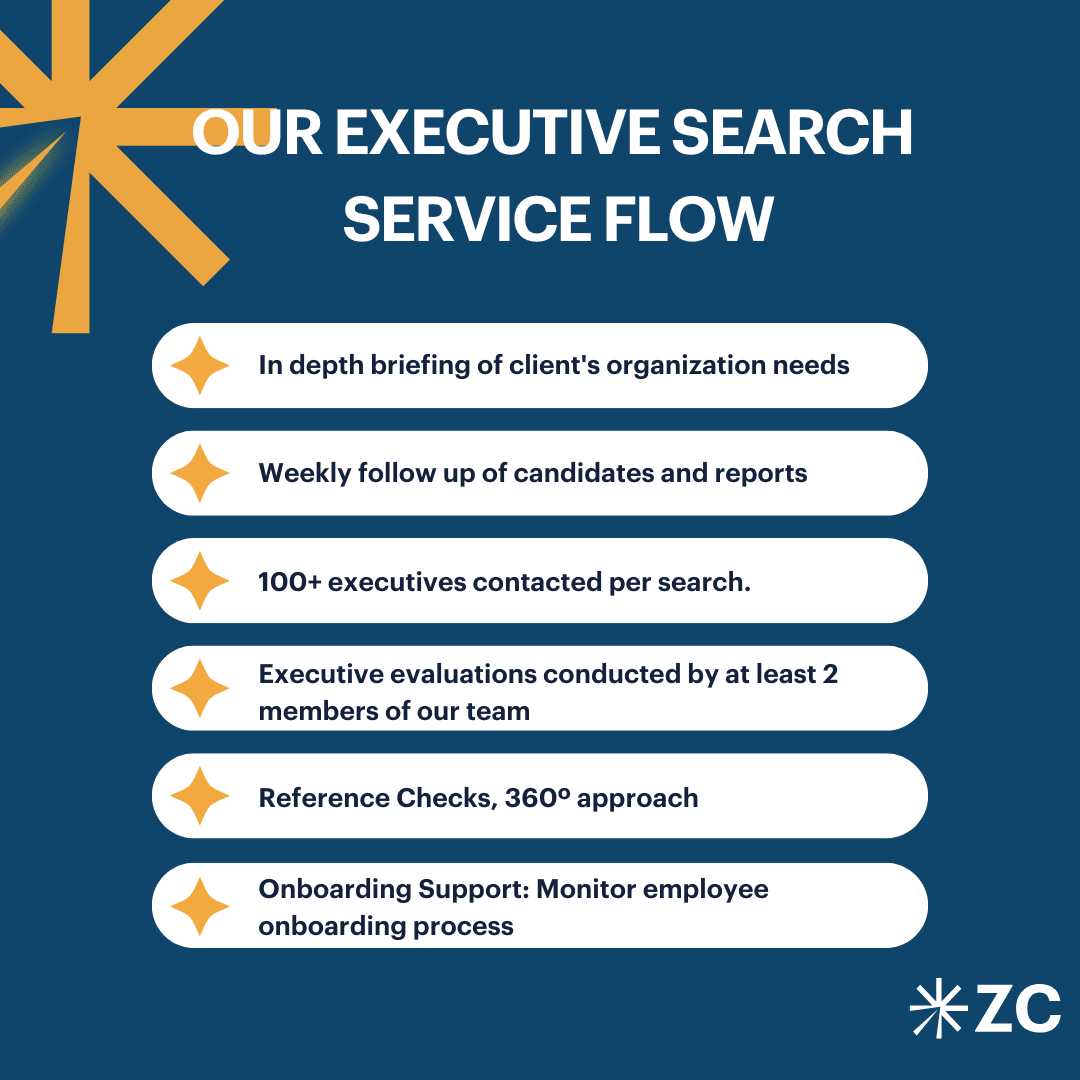It is crucial for executive search firms in China to source the appropriate executive candidate with the corresponding yet diversified skill set required for running a company in a country with a constantly changing business environment, this is equally a challenge as the executive search industry in China is extremely competitive. Empathy is one of the most crucial qualities that executive search firms should take into account when looking for talent in China.
As trust, loyalty, and interpersonal ties constitute the foundation of successful commercial relationships in China, empathy—the capacity to comprehend and share the sentiments of others—is extremely important. A study conducted by Forbes found that people with empathetic leaders reported to be 44% more engaged than those with less empathetic leaders. Building trust and loyalty, which are necessary for creating these ties in China, requires the capacity to comprehend and value the requirements and viewpoints of stakeholders.
Why is empathy an important skill for executive search in China?
China is a hub of diverse markets with a wide range of languages, cultures, and customs. An executive who is empathetic will be able to better manage these challenges, comprehend regional norms and traditions, and establish connections with regional stakeholders. 93% of professionals in China believe that cultural intelligence is crucial for success in the Chinese market, according to a recent LinkedIn survey. An executive with empathy may be better able to manage the difficulties of the Chinese market and develop cultural intelligence, which will improve business outcomes.
Moreover, empathy is essential in leadership positions where CEOs must encourage and inspire member of their team to accomplish their objectives whilst being inspired to do so. A study by the Harvard Business Review found that empathic leaders are more likely to have loyal, devoted, and effective workers. An executive who can create a supportive and collaborative work atmosphere can greatly enhance retention rates for their company in China, where staff retention is a major concern. Increased productivity and financial success for the company may follow from this.
An empathic executive can also interact with clients and consumers effectively, comprehend their needs, and offer customised solutions to live up to their expectations. An executive who exhibits empathy can develop lasting relationships with clients in China, where customer interactions are crucial for corporate success, which will boost sales and revenue.
According to a McKinsey analysis, organisations that demonstrate empathy beat their rivals in terms of revenue growth by 20%.
Leadership development program in China
It is also important to remember that empathy is a talent that can be improved with practise. As executive candidates can connect with colleagues, clients, and partners, executive search firms can discover those who have shown empathy in previous positions. To help candidates become more empathic, executive search firms can also offer training and development opportunities. This will improve company outcomes in China.
In conclusion, executive search firms in China should focus on hiring executives who possess the critical skill of empathy. An executive with empathy can successfully negotiate the complexities of Chinese business culture, forge lasting bonds with stakeholders, and promote commercial success.
Executives may create a pleasant work environment that boosts productivity, job satisfaction, and retention rates by using empathy to inspire and motivate staff members, engage with clients successfully, and communicate with them. An empathic executive may be a valuable asset to any business in a market as competitive as China.
Executive Search Services
If your organisation requires senior leadership or highly specialised skills to navigate the complexity of the China market, our Executive Search team can support you. Contact us to discuss your needs.







